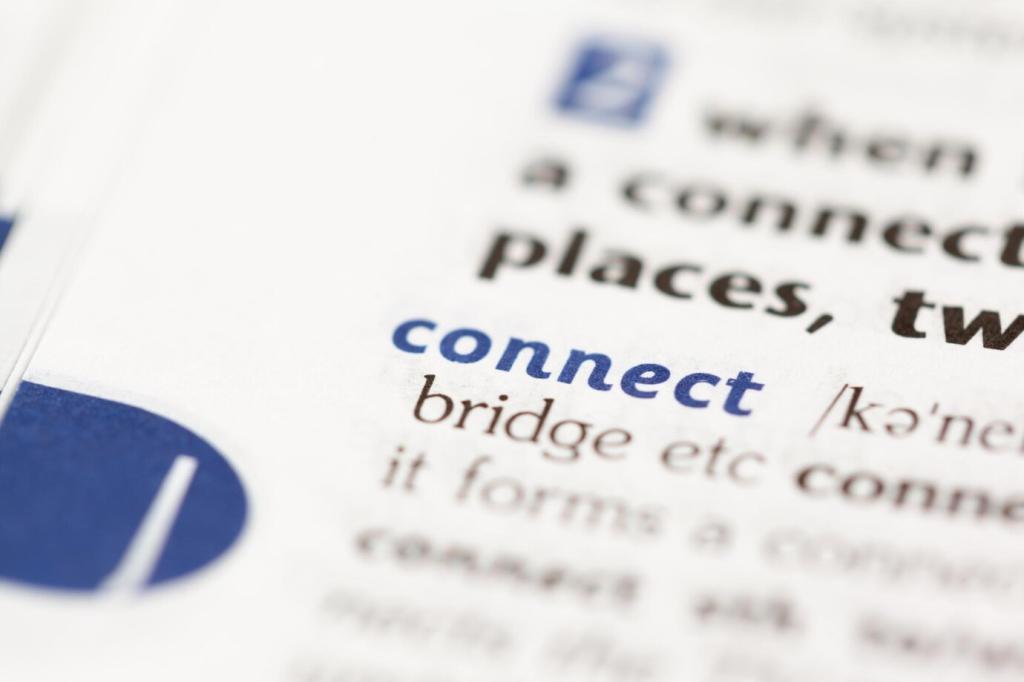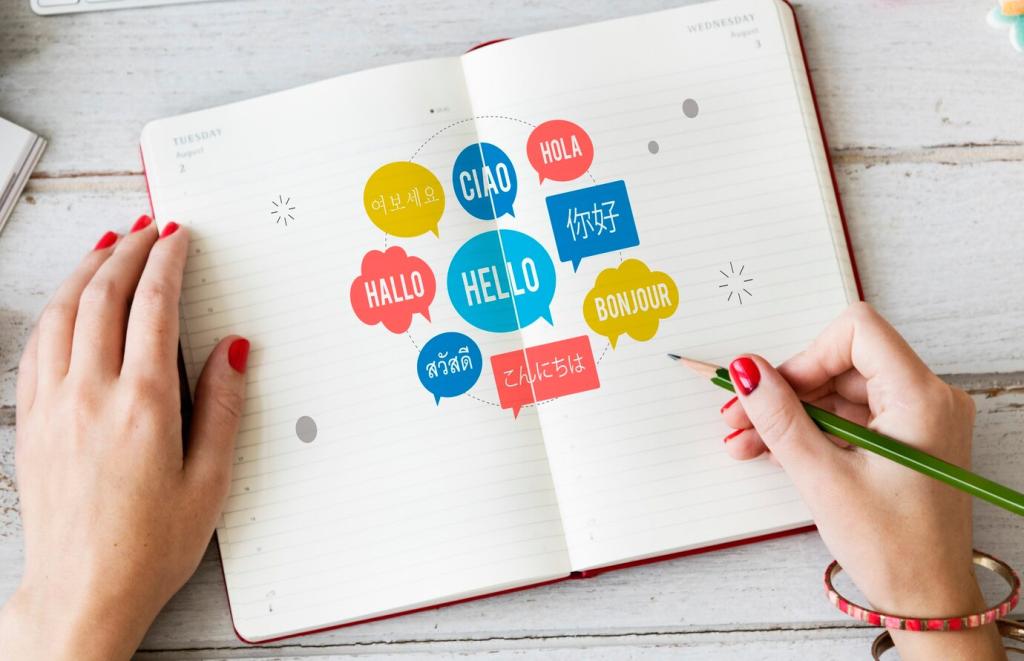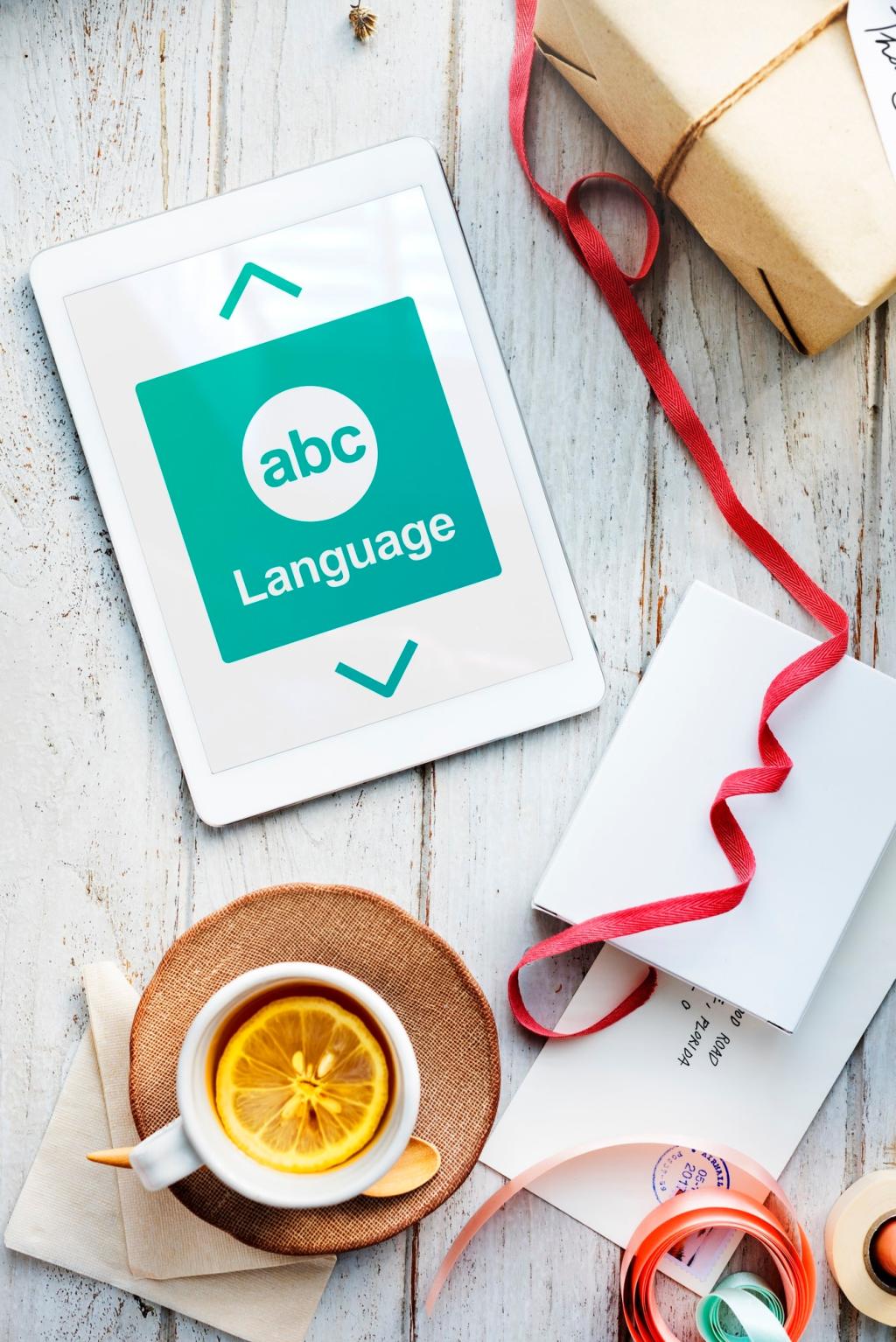
Communicating Abroad: Language Tips for Confident Travelers
Chosen theme: Communicating Abroad: Language Tips. Your friendly passport to real conversations across borders—practical phrases, cultural savvy, and field-tested techniques. Dive in, subscribe for weekly insights, and share your most surprising language wins or learns.

The Two-Sentence Rule
When you approach someone abroad, prepare two simple sentences: a greeting plus your request. Keeping it short reduces anxiety, invites patience, and often gets you the help you need gracefully.

Embrace Mistakes as Bridges
People respond to effort. Mispronounce a word, smile, and try again. Apologize politely, then rephrase slower. Your humility builds trust and often unlocks patient, generous guidance from locals.

Anecdote: The Bakery Detour
In Lisbon, I asked for twenty rolls and accidentally requested trains. The baker laughed, taught the phrase, and added a free roll. Shared laughter turned embarrassment into a memorable language lesson.
Essential Phrases Toolkit

Greetings that Open Doors
Learn friendly greetings plus time-of-day variations and one sincere compliment about the city. This trio softens conversations, signals respect, and often earns you clearer directions, extra patience, and unexpected recommendations.

Polite Phrases with Big Impact
Memorize please, thank you, sorry, and could you help me. These polite anchors transform interactions, shorten conflicts, and make strangers more willing to bridge language gaps alongside you.

Emergency and Help Phrases
Prepare sentences for medical issues, lost items, and contacting authorities. Practice them aloud until automatic. In stress, rehearsed language emerges faster, protecting you, your companions, and your travel plans.
Pronunciation and Listening Hacks
Shadowing means repeating audio a heartbeat behind a native speaker. Use metro announcements or podcasts. Mimic rhythm, not perfection. Rhythm improves intelligibility abroad faster than isolated sound drills.

Pronunciation and Listening Hacks
In many languages, shifting stress changes meaning dramatically. Listen for rising question tones, polite fall-rises, and list intonation. Copy these patterns to sound considerate, even with limited vocabulary or imperfect grammar.
Tech That Helps You Talk
Offline Mode Is Your Best Friend
Before flying, download offline language packs, maps, and dictionaries. Airplane mode testing reveals gaps. Screenshots back up key phrases. When Wi‑Fi fails, preparedness keeps conversations flowing without awkward, panicked pauses.
Photo Translation in Markets
Take discreet photos of signs or menus, then translate. Point and confirm verbally to show effort. Vendors appreciate clarity, and you avoid mystery purchases while still discovering regional specialties with confidence.
Voice-to-Voice Etiquette
Use translation apps in conversational turns, not monologues. Keep sentences short. Show the screen. Confirm meaning before moving on. Respectful pacing keeps patience high while technology bridges the language gap reliably.
Cultural Etiquette and Nonverbal Clues
Handshake, Bow, or Nod?
Research greeting norms for your destination, then mirror subtly. Light pressure handshakes, moderate bows, or friendly nods vary widely. Matching style shows cultural humility and reduces awkward first impressions significantly.
The Power of Pauses
In high-context cultures, silence signals respect and thoughtfulness. Resist rushing to fill gaps. Comfortable pauses let listeners process, saving you from misunderstandings and making your limited words work harder.
Gestures and Personal Space
Pointing, beckoning, or touching differs by culture. When uncertain, keep gestures small and palms open. Watch locals, then adapt. Respecting personal space prevents friction and keeps conversations warm and productive.
Transportation, Food, and Money Talk
Scan the menu for anchor words like grilled, vegetarian, or spicy. Ask staff for recommendations using simple patterns. Confirm allergies clearly. You gain tastier meals and fewer surprises without complicated grammar.
Transportation, Food, and Money Talk
At stations, prepare a script: destination, time, number of passengers, and seat preference. Hand over a written note if crowded. This structure unlocks smoother purchases and avoids stressful line improvisation.
Transportation, Food, and Money Talk
Learn local tipping customs, round-up habits, and how to ask for a receipt. Repeat totals aloud. Confirm change before pocketing. These language moves protect budgets and keep interactions respectful and transparent.
